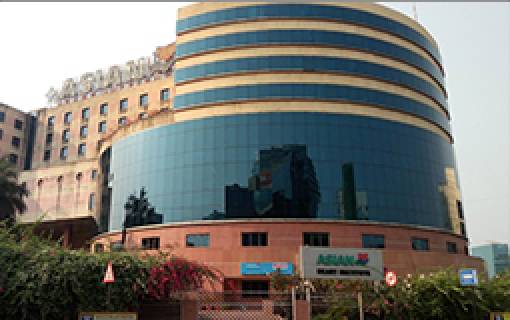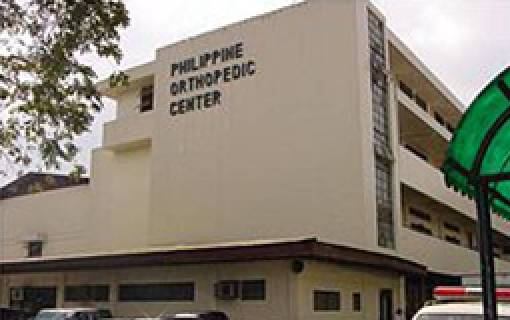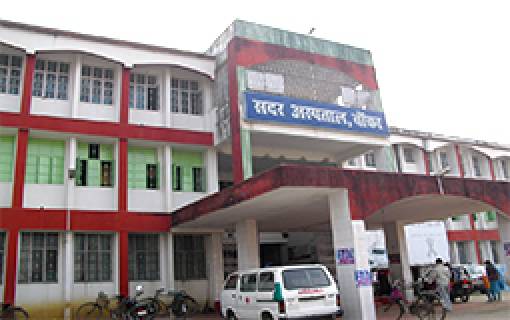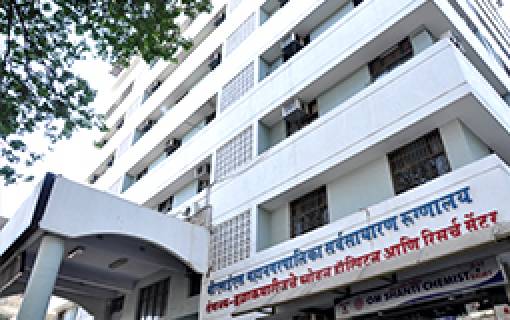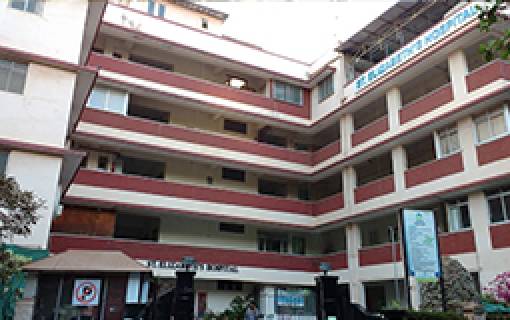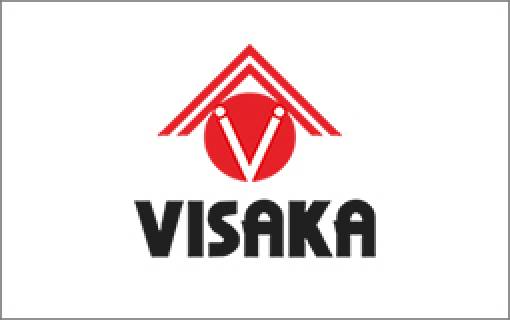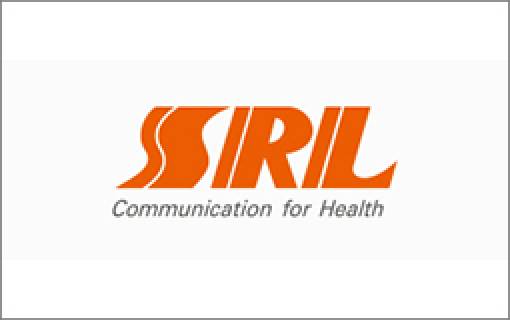Integrating Medical Equipment Planning
Healthcare facilities today are making great efforts in providing higher quality care by building state-of- the-art facilities and adapting to newer design techniques.
At the same time, Medical Equipment Planning as a service has transformed markedly since its conception. Yet, very few outside the medical fraternity knows and accepts the profound influence on patient experience and satisfaction that medical device have. This makes it imperative to integrate medical equipment planning into the design process of a new or expanding healthcare facility.

A strategic approach to the medical equipment procurement process contributes greatly to the highest quality care. Medical device consultants can guide hospital planners in developing designs that are not only appropriate for current day services and trends but can also provide guidelines for future changes.
The selection criteria would be dependent on:
- The demands of clinical requirements; patient safety; provision of efficient care
- Operational needs and how the devices impact workflow. What needs to be answered is:
- Will the medical equipment be compatible with the IT system as also improve the efficiency of staff and thus increase productivity?
- Will this equipment facilitate clinicians to practice techniques that otherwise could not be offered/offered adequately
- The impact of the medical equipment on the financial viability, which involves the CAPEX and revenue, operational and maintenance expenses
- The uniqueness of the medical device in the patient drainage area and that it can offer diagnosis/treatment that has not been offered till date or services that the hospital was outsourcing
Similar to the architectural design procedure, medical equipment planning also has important indicators during the hospital construction process. Successful planning prior to acquisition of medical devices is a dynamic process involving a comprehensive team comprising clinicians, nurses, technicians, biomed engineers, architect teams, project managers, finance people, equipment vendors, IT team, etc. The role and time lines for execution of each one’s task has to be delineated at the outset. This process should ideally begin at the very outset of the project.
The medical equipment planner provides expertise and current knowledge to the client, thus guiding the decision-making process whilst always keeping the client and project’s interest in the forefront.
Similar to the architectural design procedure, medical equipment planning also has important indicators during the hospital construction process. Successful planning prior to acquisition of medical devices is a dynamic process involving a comprehensive team comprising clinicians, nurses, technicians, biomed engineers, architect team, project managers, finance people, equipment vendors, IT team, etc. The role and time lines for execution of each one’s task has to be delineated at the outset. This process should ideally begin at the very outset of the project.
The medical equipment planner provides expertise and current knowledge to the client, thus guiding the decision-making process whilst always keeping the client and project’s interest in the forefront.
Other important factors are:
- The planning standards that will be used e.g. AIA, FGI, NABH, etc.
- Weigh the benefits of procuring / not procuring / outsourcing certain devices
- Room data and layout sheets to ensure their functionality within defined spaces
- Planning for the future
- Judicial selection and purchase of medical equipment with significant installation and utilities requirements
Today IoT (Internet of Things) has gained momentum. The medical devices must also fall within this domain to provide an integrated clinical environment around patients through interconnected devices. This enhances efficiency and reduces errors thus increasing productivity.
Some medical equipment have extensive lead times from date of purchase order till delivery to the project site. Moreover, many of these have significant utilities and installation requirements that are unique to a specific model and manufacturer and impact the design and engineering of a hospital. Should a newer technology emerge in the interim, changing the hospital plans, designs and related budget can lead to overall time and cost overruns. All these factors need proper attention.
More often than not, hospitals put off equipment selection till much later as the construction reaches an advanced stage. It is needless to say that the medical equipment planner clarifies to the client / project team the negative outcomes of this leading to delay or change of decisions mid way at this late stage.
A medical equipment planner often faces pressure from clinicians with regard to specific brands, models and vendors. This problem can be mitigated by preparing equipment standards and generic features/specifications suitable for the hospital vis a vis its level of services, type of patients expected in the hospital, competition, budget, procurement philosophy, etc. whereby the process of planning and procurement can be unbiased and on track.
The vendor bids need to undergo a thorough techno-commercial analysis. Many a times this is overlooked. Where a new technology is offered, the assessment should be objective and should atleast meet all the specified requirements. Any additional costs should be well justified to ensure that this does not disrupt the related operational activities or negatively impact the project time lines unless the benefits are overwhelming.
All in all the advantage of medical equipment planning done by a well experienced consultant can positively impact patient care in line with the hospital management’s vision whilst keeping future developments in the healthcare industry in view.
It is rather unfortunate that many hospital promoters feel that a medical equipment planning consultant’s involvement (and cost) is uncalled for. It is only one hospital project with latent time and cost overruns that would change that impression. By then a lot of water has already gone under the bridge!
We would love to talk to you about your vision for your healthcare project and provide meaningful insights into how we can help you realize your goals. We look forward to hearing from you.
Project Highlights
We have had a proud association with various prestigious clients and projects.
Need Help? Send in your query.
Please fill out the form below and we will get back to you as soon as possible.



